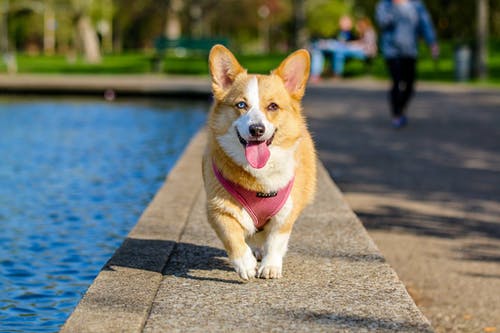You’ve probably heard the terms “spaying” and “neutering” thrown about before if you own a dog or have any interest in dogs at all. The only means to ensure your dog never reproduce is to get it spayed or neutered.
How to Get Your Pet Ready for Spay or Neuter Surgery
Spaying or neutering your pet is a fantastic approach to preventing undesirable pregnancies from occurring after a day at the dog park or playing outdoors. When animals are spayed or neutered, the stray population is reduced, and fewer dogs and cats end up in shelters. Having a pet spayed or neutered is a typical method, and if your pet needs this surgery, you need to learn a couple of things before scheduling a session.
All vaccinations should be updated.
Ensure your dog is wholly immunized about a week before surgery. The specific ones required for a hospital stay and procedure should be reviewed with your vet. Rabies, distemper, parvo, and Bordetella vaccines will be needed in many cases. The immunizations require at least five days to boost your pet’s immune system and give security before surgery, so they must be offered at least that far beforehand.
Vaccines do not give fast immunity to your pet. It’s an excellent decision to get your pet in for a dog check up while you’re at the vet to be on the safe side.
Your pet needs to be crate trained.
Spayed or neutered dogs must be confined to a crate when left alone for the first couple of days. It will give them time to rest and recover without needing to bother them by getting into issues while you’re gone. The faster you start acclimating your dog to their crate, the better, especially if they haven’t been crate trained or don’t spend much time there.
Restrict your pet’s food intake before surgery.
In most cases, the night before a procedure, your veterinarian will advise you to keep all food and water from your pet. Remembering this is essential. After surgery, they can take as much food as they like. It’s tough to keep your pet from eating before surgery, but it’s required for their health and wellbeing. Keep in mind that it is for their good that they have to restrict what they eat owing to the anesthetic.
However, if your pet has an underlying health issue, you must take them to a veterinarian who offers in-house laboratory services to get the specific care they require.
Work with an experienced veterinarian.
Before having your dog spayed or neutered, it is an excellent idea to have a consultation with a trustworthy animal physician. This will make both you and your dog feel much more comfortable. You should go to an animal hospital like Apple Valley Animal Hospital if you need a team of animal specialists capable of doing this surgery thoroughly.
They have considerable knowledge and skill in plenty of areas related to animal treatment, consisting of sterilizing dogs of various breeds in a way that is both caring and effective.
Bottomline
Unless you intend to breed your dog correctly, spaying or neutering is the best option for your pet. Spaying your dog has several health benefits, and while the surgery can be traumatic for individuals, your dog will not be disappointed that they can have puppies. If you offer your dog the appropriate care following surgery, it needs to be able to recover quickly.

